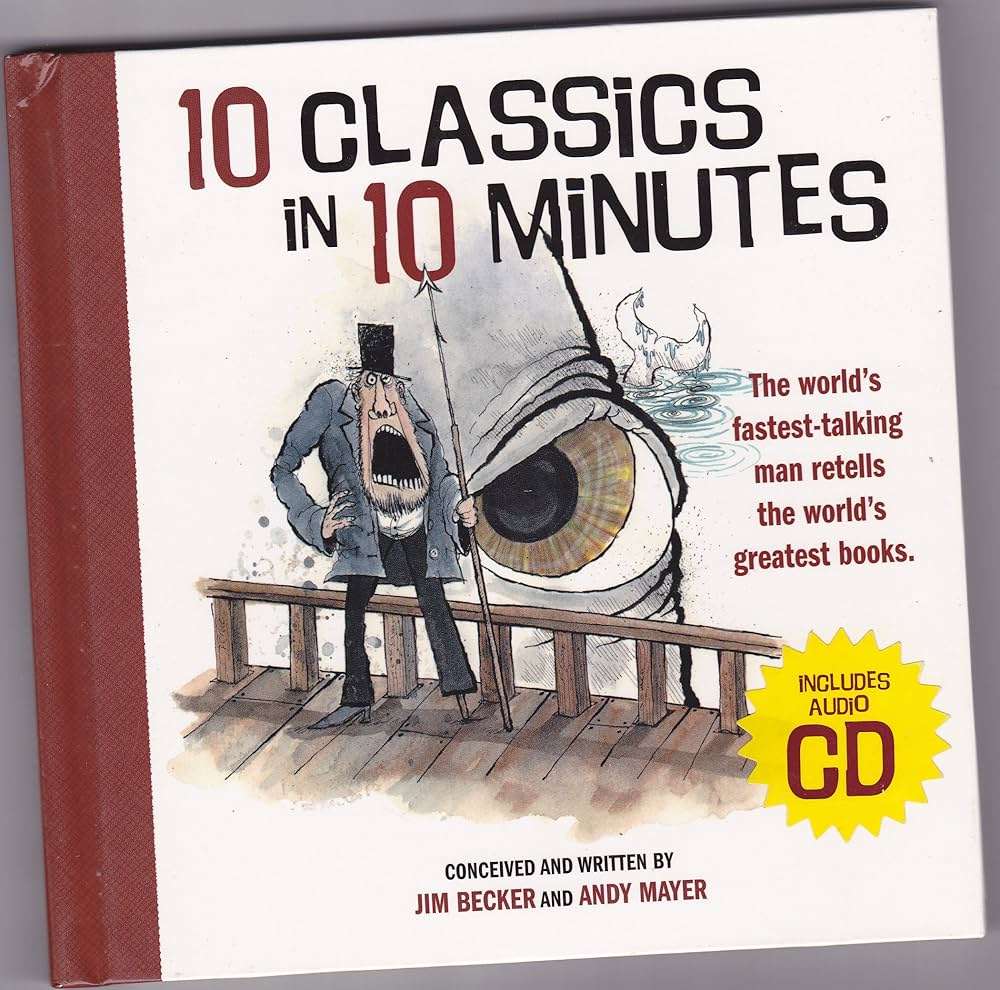I put the John Barrymore film Svengali on a wish list—and then promptly loss track of what made me want it. It was doubtless a passing reference in some Shakespeare criticism or other I was reading.
Whatever the impetus for wanting to see the film, I received it this Christmas, and I eagerly watched it to see if I could divine the Shakespeare connection.
The plot of the film is fairly interesting. Svengali is a music teacher who falls in love with Trilby O'Farrell, a woman who is already in love with another man—an artist who is part of Svengali's Bohemian circle. He hypnotizes the woman, which has the dual effect of making her forget the man she loves (but not the love she has for the man) and enables her to achieve greatness in her singing.
The cinematography of the film is exquisite. I still don't quite understand how they were able to achieve these effects in 1931. And the scene design reminds me of the terrifically out-of-kilter houses in The Cabinet of Doctor Caligari.
But what, you ask, about the Shakespeare? It all boils down to Hamlet's line to Horatio after he first sees and talks to the ghost: "There are more things in heaven and earth . . . / Than are dreamt of in your philosophy" (I.v.166–67).
The clip below provides that quote (uttered near the beginning of the film and repeated near its end), but it also gives a sense of the astonishing camera work. You'll see Svengali casting his mind over the streets of the city to draw the hypnotized object of his obsession to him. Then it cuts toward the end of the film—after Svengali has first made a name for himself and Trilby and then lost nearly all of it by fearfully fleeing Trilby's true love:
Links: The Film at IMDB.
I always wish for more Shakespeare, but this film gives enough interest as a film to (almost) make up for only having one quote from one play (repeated once).
Links: The Film at IMDB.
















